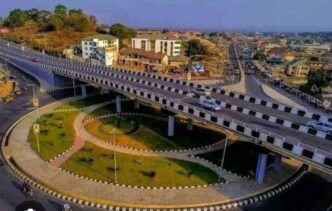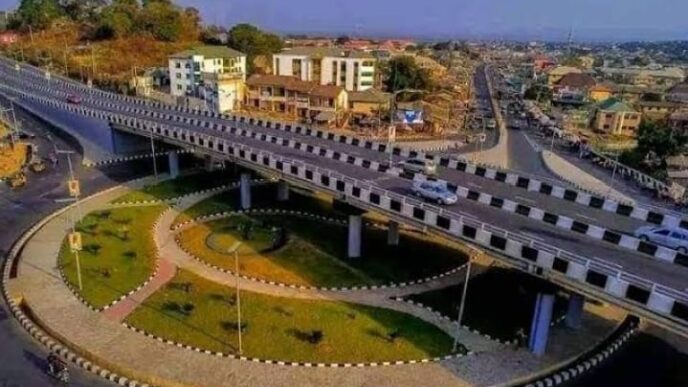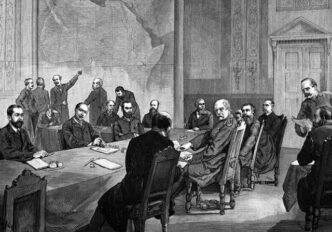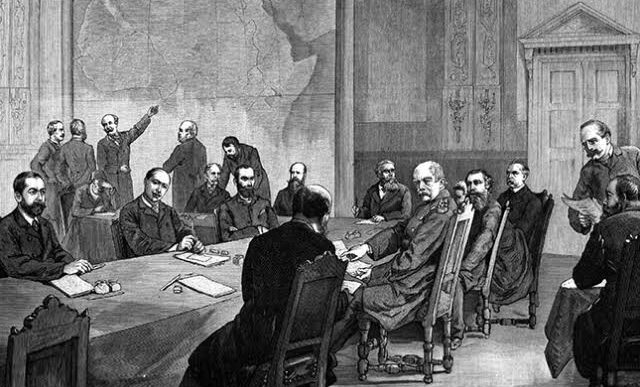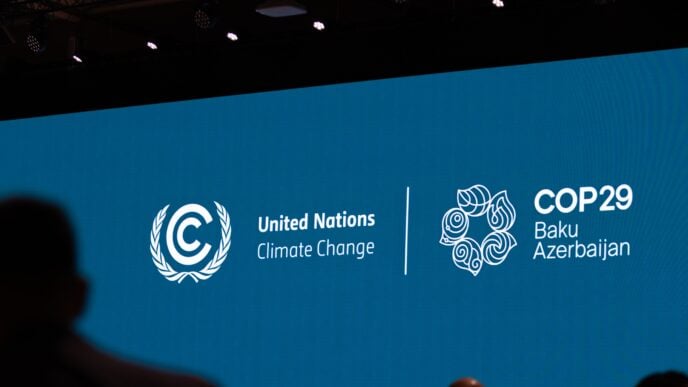BY ABIODUN OLUWADARE
The north-west of Nigeria, long beleaguered by insecurity, now faces a fresh and urgent challenge in the emergence of the Lukarawa group. Reports suggest this group is engaging in violence, banditry, and kidnappings, further destabilising an already fragile region. Their rise reflects the culmination of systemic governance failures, uneven resource distribution, and deep socioeconomic disparities. This threat requires a comprehensive and multidimensional strategy that goes beyond military force to encompass governance, social cohesion, and development.
As history reminds us, unchecked armed groups do not merely disrupt local peace—they can grow into regional threats.
Nigeria’s experiences with Boko Haram and militant groups in the Niger Delta illustrate how these movements can gain momentum in environments defined by weak state presence and widespread discontent. If the Lukarawa group is not tackled decisively, it risks deepening insecurity in the northwest and sparking broader instability across the country.
Advertisement
The north-west has already suffered years of lawlessness. The Lukarawa group’s activities are poised to worsen the situation, creating a humanitarian crisis of significant proportions. Thousands could be displaced, joining the ranks of internally displaced persons (IDPs) who live in overcrowded camps with inadequate resources. Such camps often become hotbeds for disease, malnutrition, and exploitation, amplifying the suffering of vulnerable populations.
The humanitarian implications are not limited to the immediate crisis. Displacement disrupts lives and livelihoods, with long-term repercussions for affected communities. Families lose their homes, children are pulled out of schools, and farmers abandon their fields, compounding the region’s vulnerability to food insecurity. Refugees, left without hope or support, can become prime targets for recruitment into armed groups, perpetuating the cycle of violence.
The rise of groups like Lukarawa is symptomatic of a deeper governance crisis. For years, north-west Nigeria has suffered from limited state presence. Security forces are overstretched, and public services are virtually non-existent in many rural areas. These conditions allow armed groups to establish parallel systems of governance, filling the void left by the state.
Advertisement
This situation can lead to citizens losing trust in their government, becoming disillusioned, and, in some cases, turning to non-state actors who promise protection or basic services. This erosion of state legitimacy not only emboldens groups like Lukarawa but also undermines efforts to restore order. Addressing this challenge requires a renewed commitment to good governance, transparent leadership, and meaningful community engagement.
North-west Nigeria plays a vital role in the country’s agricultural output. Yet insecurity in the region has disrupted farming and trade, threatening the nation’s food security. Farmers, afraid of attacks or kidnappings, are abandoning their fields, while supply chains have become fragmented due to insecurity on key transportation routes.
This disruption could lead to severe food shortages, with ripple effects across the country. Rising food prices will place additional strain on already struggling households, pushing more people into poverty. Hunger, in turn, becomes a powerful recruitment tool for armed groups, who exploit economic desperation to swell their ranks.
A targeted approach is needed to safeguard agricultural zones and provide farmers with incentives and protections to continue their work. Strengthening local food systems, improving market access, and ensuring the safety of transport corridors must be integral components of the response.
Armed groups often exploit ethnic and religious divisions to justify their actions and rally support. The Lukarawa group, like others before it, risks deepening tensions in an already polarized region. Historically, northwest Nigeria has grappled with mistrust and grievances between communities, often exacerbated by poor conflict resolution mechanisms.
Advertisement
This social fragmentation poses a significant obstacle to peace. Without concerted efforts to rebuild trust and foster reconciliation, the region will remain vulnerable to exploitation by armed actors. Prolonged insecurity also radicalizes vulnerable populations, particularly young people who see no viable future. For many, joining an armed group is the only path to survival or empowerment.
Strengthening social cohesion must be a priority. Community dialogue initiatives, led by trusted figures such as religious leaders and traditional rulers, can help mediate conflicts and foster understanding. Inclusive governance that ensures equitable resource distribution can also reduce the feelings of marginalisation that fuel discontent.
To counter the Lukarawa group effectively, Nigeria must adopt a strategy that balances immediate security needs with long-term developmental goals. This approach should include the following key elements:
Enhanced security measures
Advertisement
Deploying well-trained and adequately equipped security forces is essential to containing the immediate threat. However, military actions alone are not enough. A community-based policing model that prioritizes intelligence-gathering and civilian protection is critical to avoid further alienation of local populations.
Tackling the root causes
Advertisement
The rise of Lukarawa reflects deeper socioeconomic issues, including poverty, unemployment, and a lack of education. Targeted development initiatives can address these root causes, offering viable alternatives to those vulnerable to recruitment. Job creation programs, vocational training, and improved access to healthcare and education must form the backbone of this effort.
Strengthening regional collaboration
Advertisement
Given the porous borders of northwest Nigeria, addressing this threat requires regional cooperation. Neighbouring countries such as Niger and Chad must work closely with Nigeria to enhance border security, combat arms trafficking, and share intelligence on armed groups. Collaborative frameworks, such as those seen in the Multinational Joint Task Force against Boko Haram, can serve as a model.
Rebuilding trust and social integration
Advertisement
Rebuilding trust between the government and citizens is paramount. This involves improving service delivery and fostering dialogue and reconciliation at the community level. Civil society organizations and traditional institutions have a critical role to play in mediating conflicts and promoting unity.
Conclusion
The emergence of the Lukarawa group in northwest Nigeria is a wake-up call for the nation. It highlights the urgent need for a comprehensive approach to insecurity, one that addresses both the immediate threat and the underlying conditions that allow such groups to thrive.
The Nigerian government cannot afford to rely solely on military responses. A sustainable solution demands investment in governance, development, and reconciliation. By taking a holistic approach, Nigeria can neutralise the immediate threat posed by Lukarawa while laying the foundation for lasting peace and stability in the region.
This is not merely a call for action—it is a call for vision. A secure and prosperous northwest is possible, but only if Nigeria acts decisively and inclusively to confront the multifaceted challenges it faces today.
Oluwadare, a retired military officer, is a professor of political science, Nigerian Defence Academy (NDA), Kaduna.
Views expressed by contributors are strictly personal and not of TheCable.

